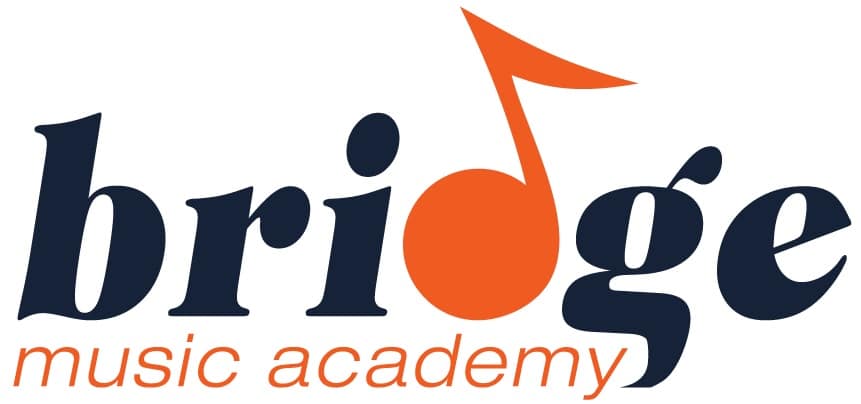

Music is the language of the soul. In the words of Kahlil Gibran “Music is the language of the spirit. It opens the secret of life bringing peace and abolishing strife.” The influence of music extends to all aspects of life. There are researched explanations that even the universe produces music on its own, they say if you listen closely, there is a slow but continuous hum that travels across space and time. David Attenborough in his research has documented how songbirds use various decibels and musical notes to communicate feelings of joy, sorrow and fear. Their mating calls are as complex as any algorithm, and are so beautiful to listen to that even humans fall in love with them. So I can creatively say, music is ‘the algo-rhythm’ that keeps up ticking. I for one had this eureka moment only after I joined the right music school.
I started learning Electronic keyboard at the age of six and switched to Guitar at nine. That was the time I enrolled with Bridge Music Academy, with their help, I started investing myself whole heartedly in music. This is when I realized that learning music the right way not just builds a person’s EQ but IQ as well. It enabled me to analyze, segregate, store and recall information on a whole different level than others around me without a music pedagogy.
I noticed that this development helped me improve my mental math, logical reasoning and even recollecting daily tasks I had to do. My productivity and memory skills improved significantly. This is because when we play an instrument, we have to analyze information coming in from all our senses.
Music: the catalyst of a sound mind.
In my view, the scientific exploration of music’s impact on the human mind is a fascinating journey. I have always been deeply intrigued by how music, in its various forms and melodies, can profoundly affect our cognitive and emotional processes. Throughout my research and personal experiences, I’ve come to realize that music isn’t just an art form; it’s a powerful tool that can shape our moods, thoughts, and even our brain’s structure.
Music has been proven to improve concentration and productivity, making it a valuable tool in educational and professional settings. Moreover, music therapy has been employed to alleviate stress, anxiety, and depression, underscoring its therapeutic potential in promoting mental well-being.
It’s astounding to learn how the brain responds to different rhythms, harmonies, and lyrics, all of which can influence our mental state in unique ways. Whether it’s the soothing tunes that calm my nerves during a hectic day or the energetic beats that motivate me during workouts, music has undeniably become an integral part of my life.
Understanding the neurological mechanisms behind music’s effects on the human mind has deepened my appreciation for this art form. The interplay between auditory processing, emotional centers in the brain, and memory systems is a complex yet captivating field of study. Neuroimaging studies have further illuminated how music engages different regions of the brain, including those associated with reward, emotion, and memory. It highlights the incredible adaptability and plasticity of the human brain, showcasing how exposure to music can shape our cognitive abilities and emotional well-being over time.
In conclusion, my journey into the scientific realm of music’s influence on the human mind has been a riveting one. And I have Bridge Music Academy to thank for it, my mentors there have not just enriched my understanding of music’s profound impact but also ignited a passion for exploring the limitless possibilities that lie at the intersection of art and science







